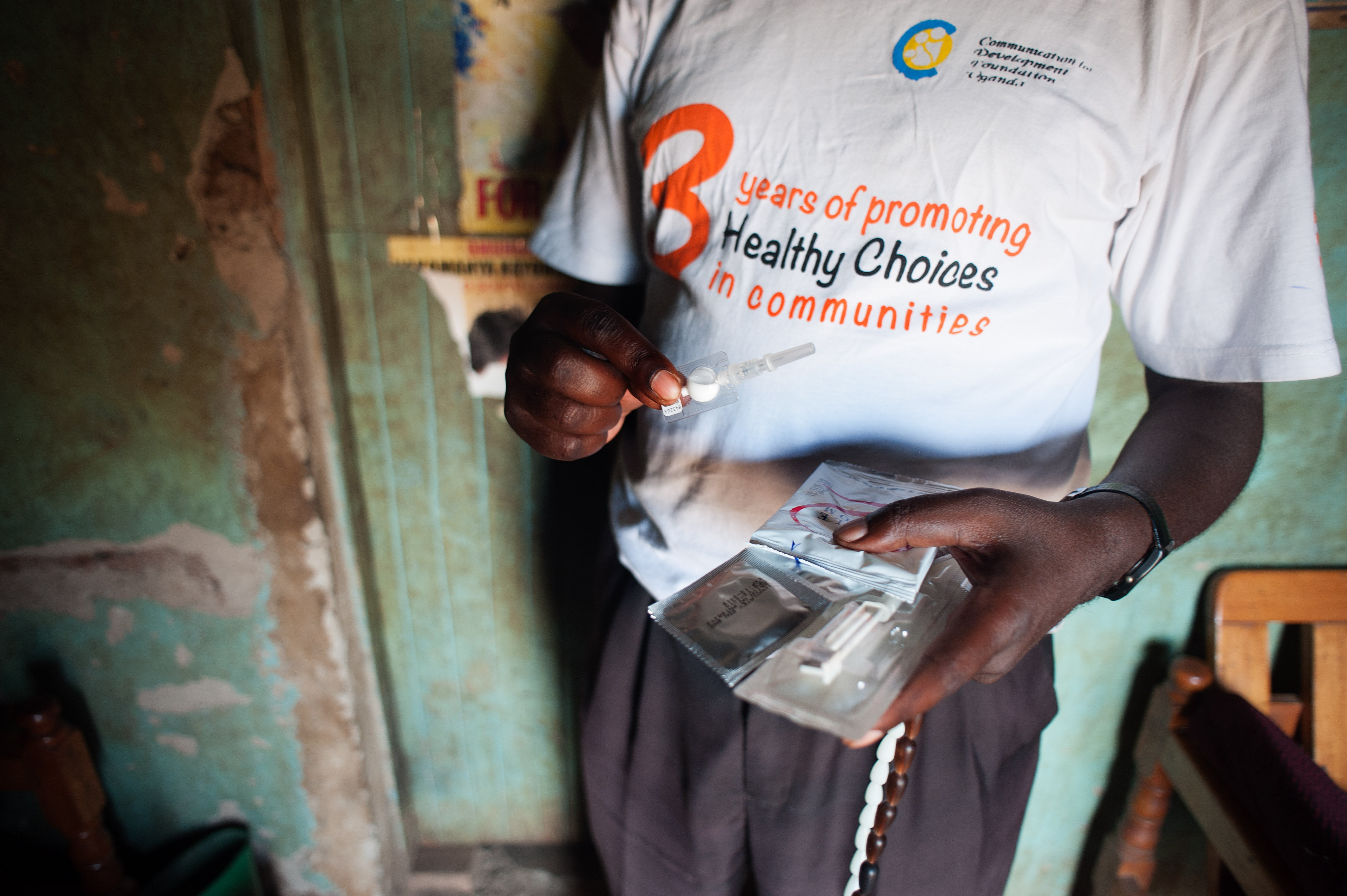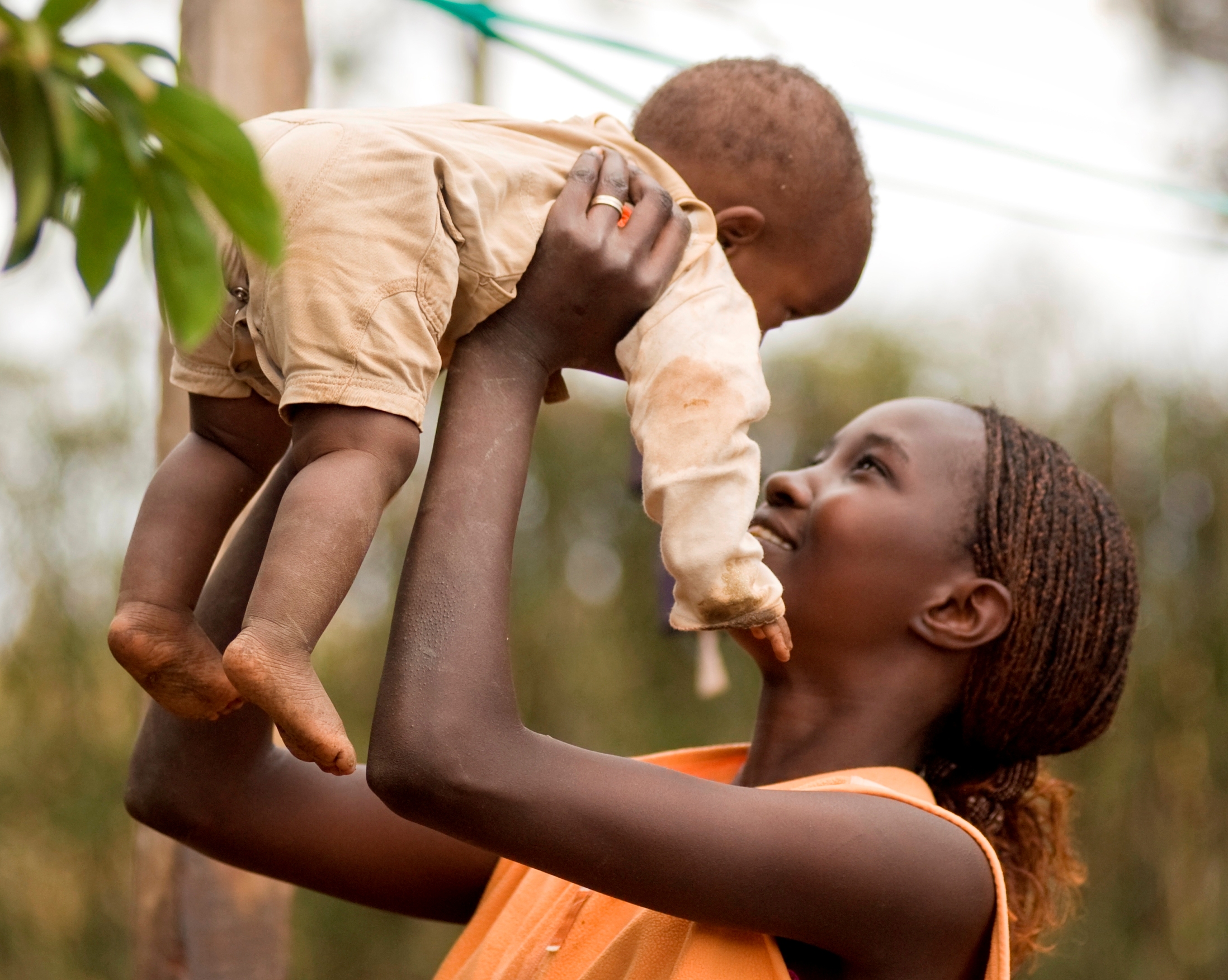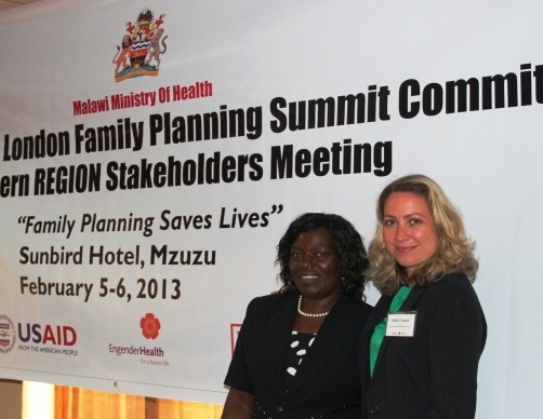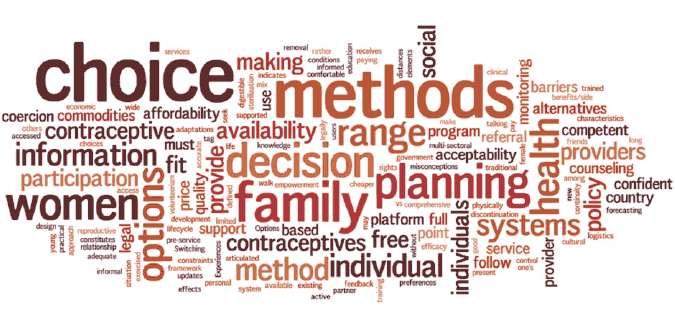Guest post by Sara Tifft, Project Director, PATH Sayana® Press Pilot Introduction project
Worldwide, women choose injectable contraceptives because they are safe, reliable, and discreet. In many rural or remote areas, however, travelling to a clinic to receive an injection is costly and burdensome. PATH, an international nonprofit health organization, is collaborating with global partners to address this challenge. We began with a basic question: What would it take to deliver more injectable options to women, particularly outside the clinic setting?
One answer is Sayana® Press: a small, easy-to-use injectable contraceptive that has the potential to increase access and choice for millions of women worldwide.

PATH is training community health workers in the Mubende district of Uganda to expand access to family planning, including the Sayana Press injectable contraceptive shown here. Photo credit: PATH/Will Boase








